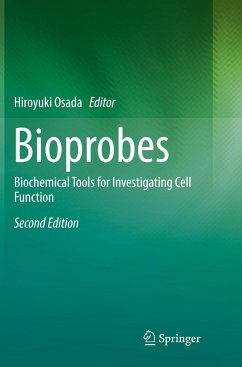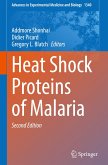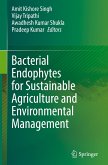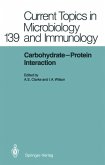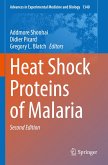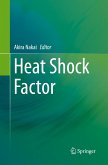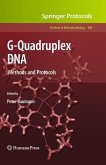This new edition provides the most advanced research using bioprobes on the chemical control of 1) cell cycle and differentiation, 2) epigenetics, 3) apoptosis and autophagy, and 4) immune response. The "bioprobe", first proposed in the first edition, has become an indispensable tool for chemical biology and has substantially assisted in the investigation of complex biochemical processes of cells. New areas of investigation such as stem cell research, epigenetic research, and autophagy research have rapidly advanced in the past 10 years. Including these new findings, this second edition supplies up-to-date information on the biochemical tools called bioprobes. Data on each bioprobe, such as chemical structure, origin, function, and references, are presented as one item in this volume. Readers will easily find useful information and will be able to determine the appropriate bioprobes to investigate cell functions. The information on bioprobes and their use in research makes this booka valuable source for researchers in diverse fields. Not only scientists in academia but also in the pharmaceutical industries will discover the most important information about small molecules useful for drug discovery.

